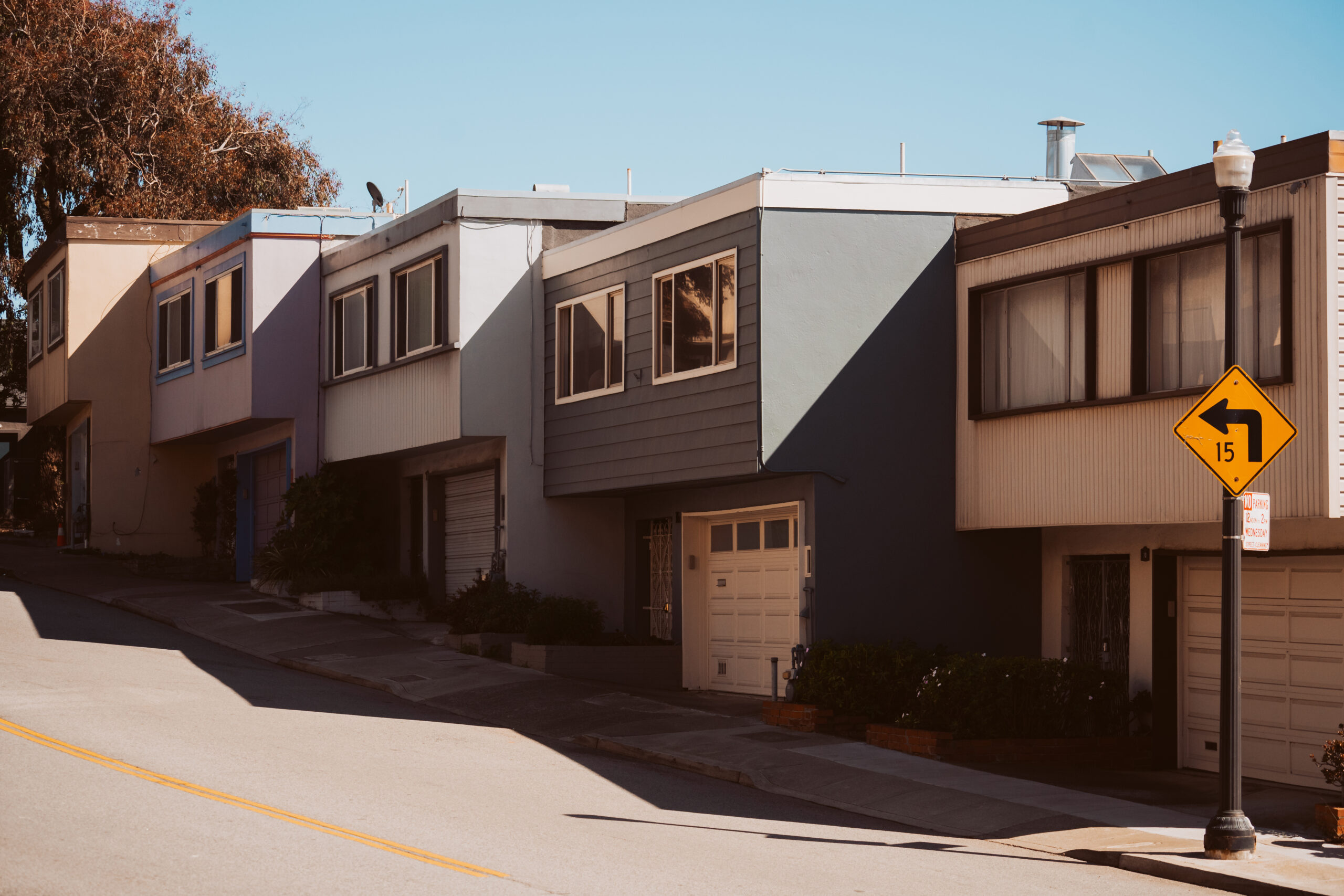Two ballot measures that both aim to streamline production of affordable apartments are too close to call in early election returns on Tuesday night. Initial results show Proposition D with just under 50% of the vote while Proposition E has garnered just 44% of the vote. Either needs more than 50% to pass, and if both pass, whichever gets the most votes would go into effect.
On Tuesday night, Prop. D’s supporters hoped for a victory at Folsom Street Foundry alongside the campaign party for District 6 Supervisor Matt Dorsey, who looked poised to win after the first election results dropped.
“We’re crossing our fingers,” said Mayor London Breed about Prop. D. “We’re praying.”
Initial results include all the mail-in ballots the San Francisco Department of Elections received and processed before Election Day and a first round of Election Day tallies. The next results will drop at 10:45 p.m.
The rival housing propositions would get rid of a hefty step in the approvals process for some new affordable projects, but they take two different approaches to the task.
A victory for Prop. D could represent a win for YIMBYs—a political group that’s short for “yes in my backyard,” and who are riding their momentum from recent statewide housing victories but have been frequently stymied in their own backyard.
If Prop. E wins, on the other hand, it would bolster the city’s progressive faction, which calls for more significant local control over housing production and aims to beef up the city’s stock of affordable housing before green-lighting more market-rate projects.
Either way, the pressure is on for the city to start producing more affordable housing—and fast.
This year, San Francisco is on track to hit just half its 10-year average for new units permitted and is falling further and further behind the state’s target for affordable housing production in SF. Meanwhile, the city is under investigation by the state for its housing policies and practices and in the home stretch of a state-mandated long-range planning effort that has bigger penalties than ever.
